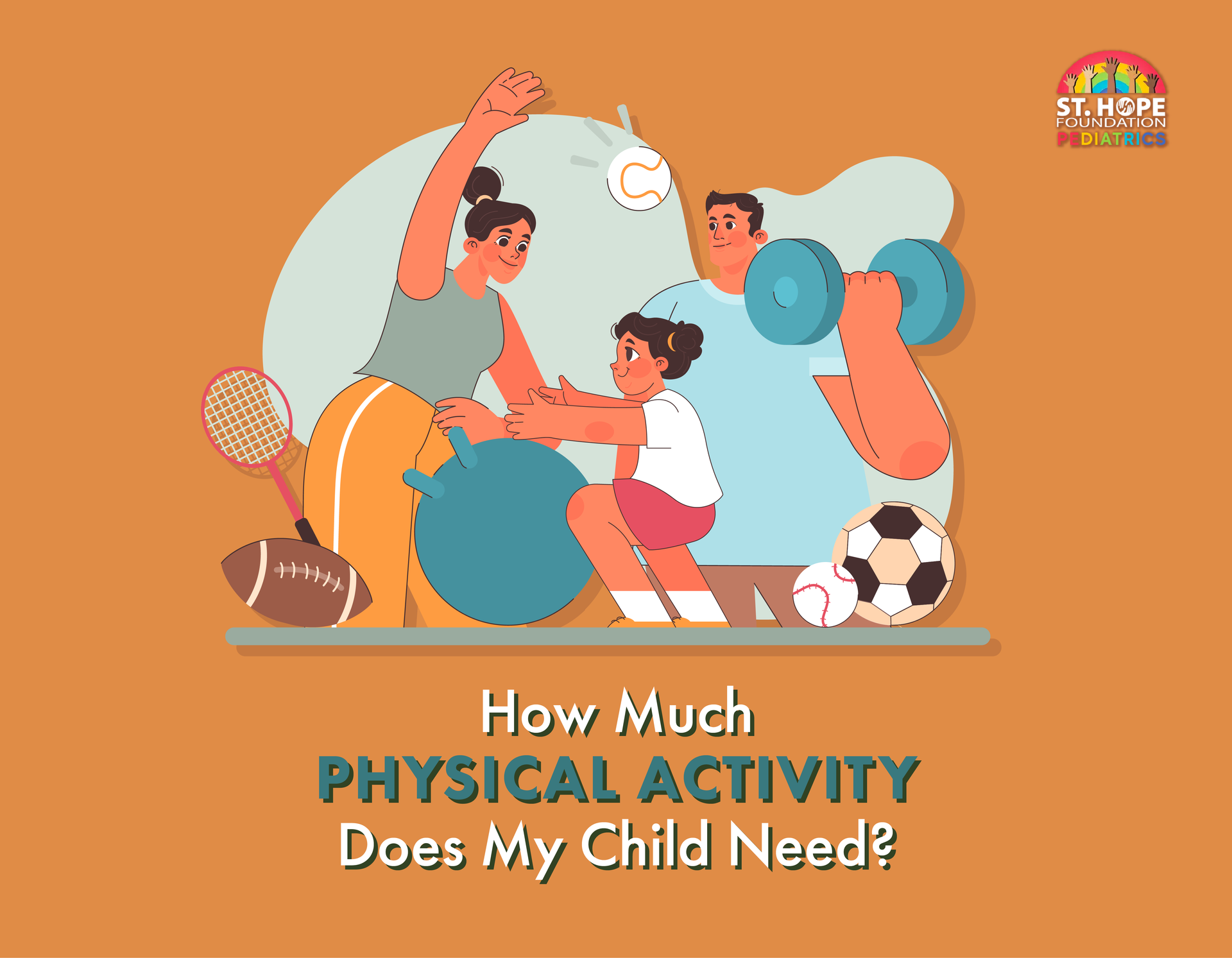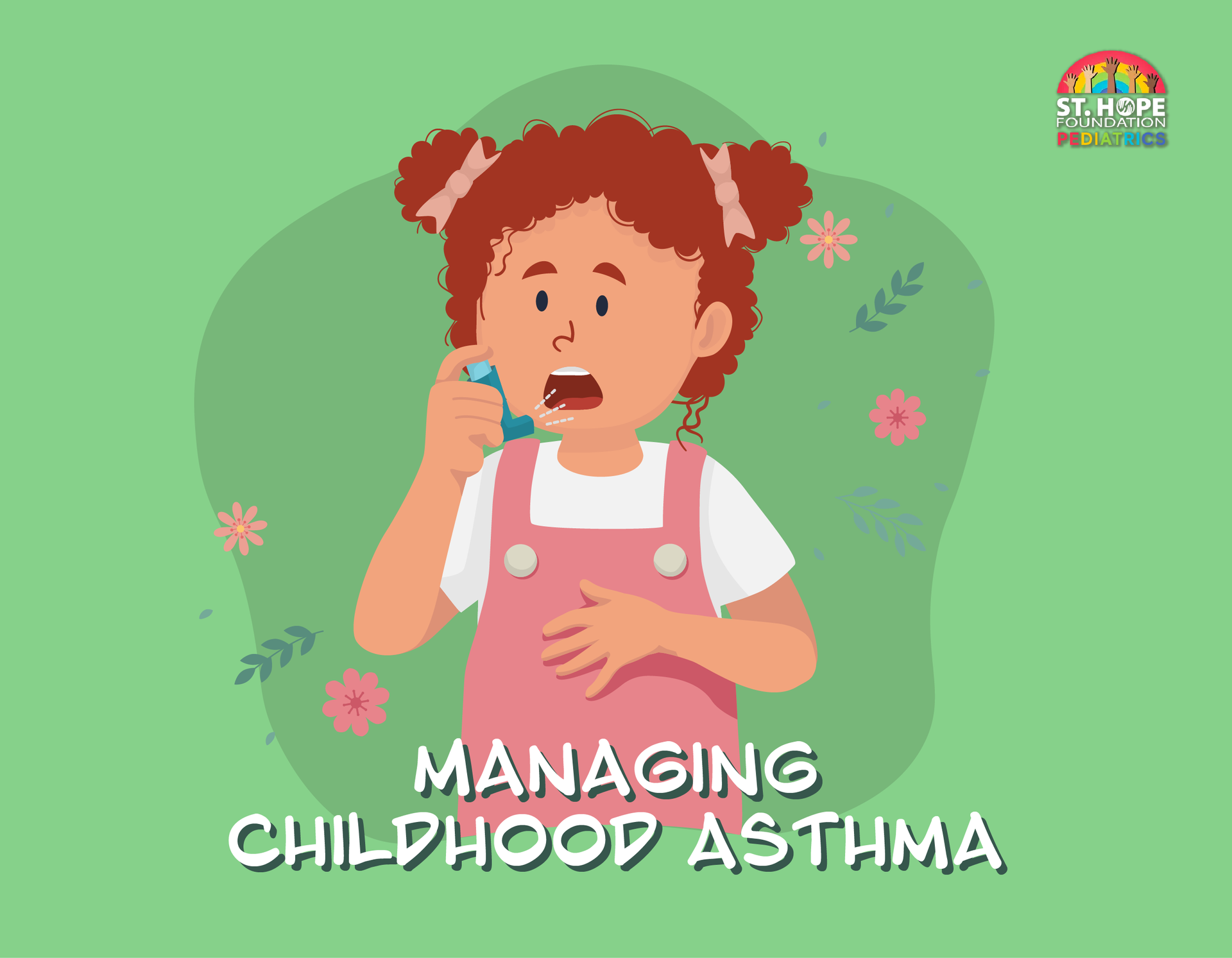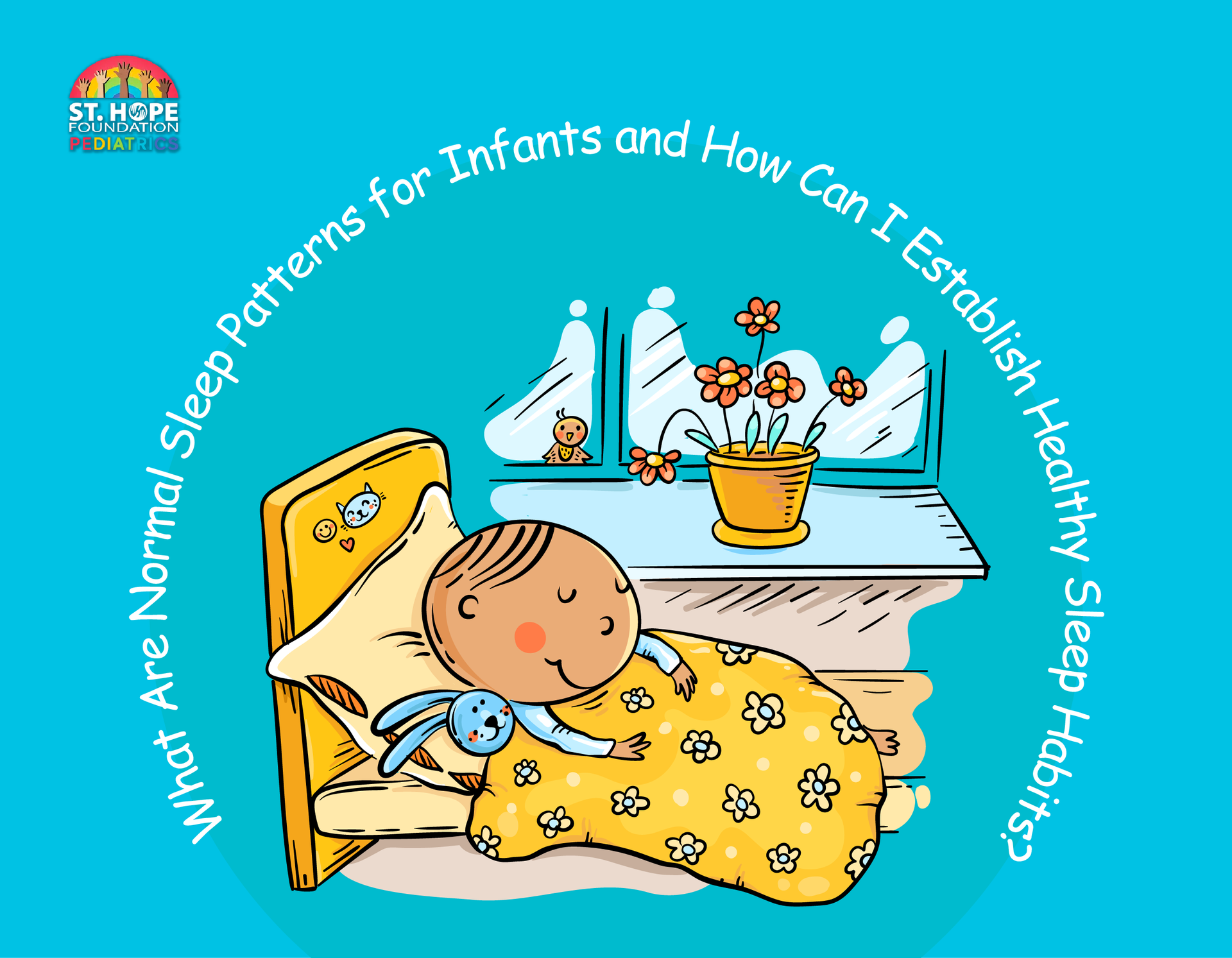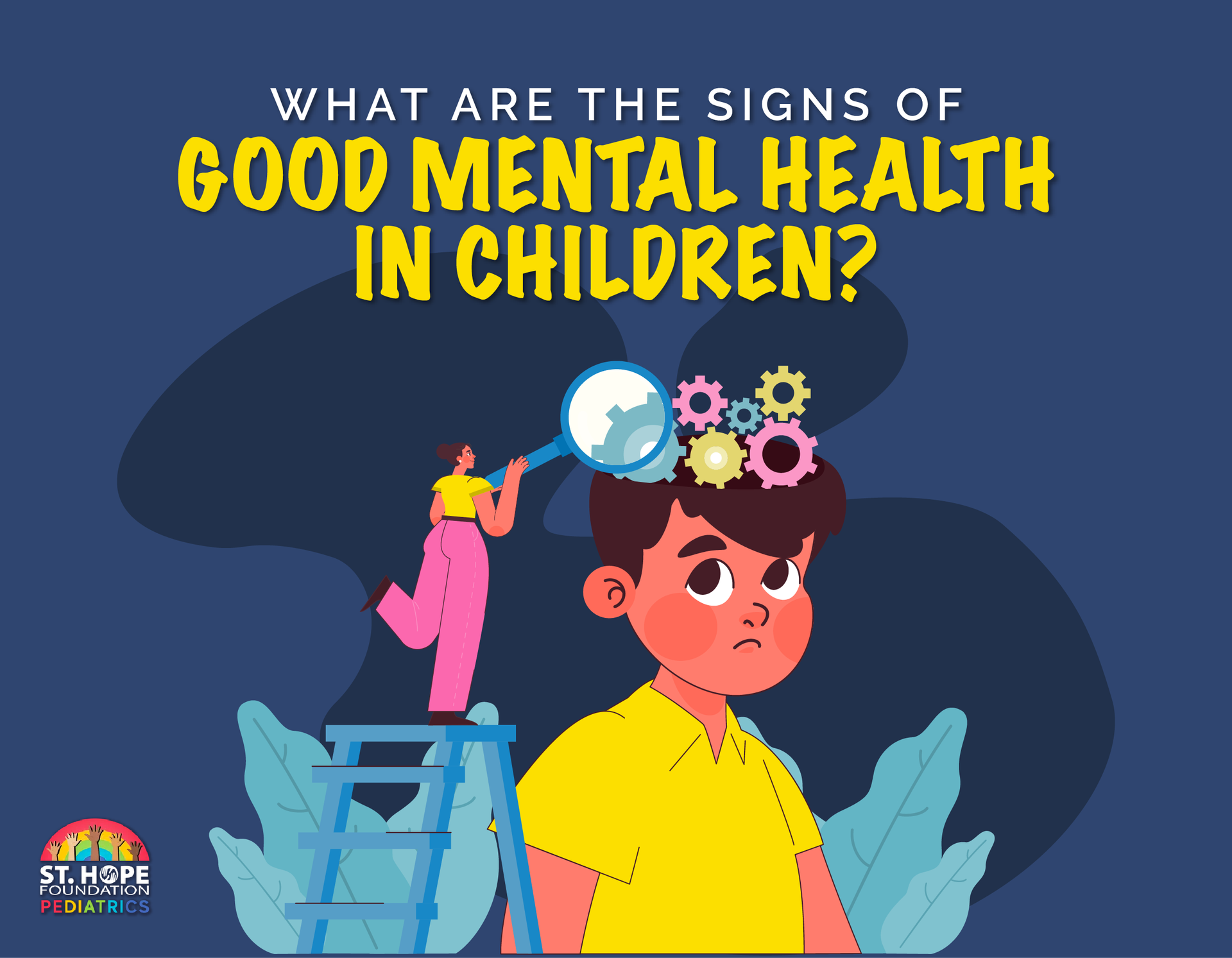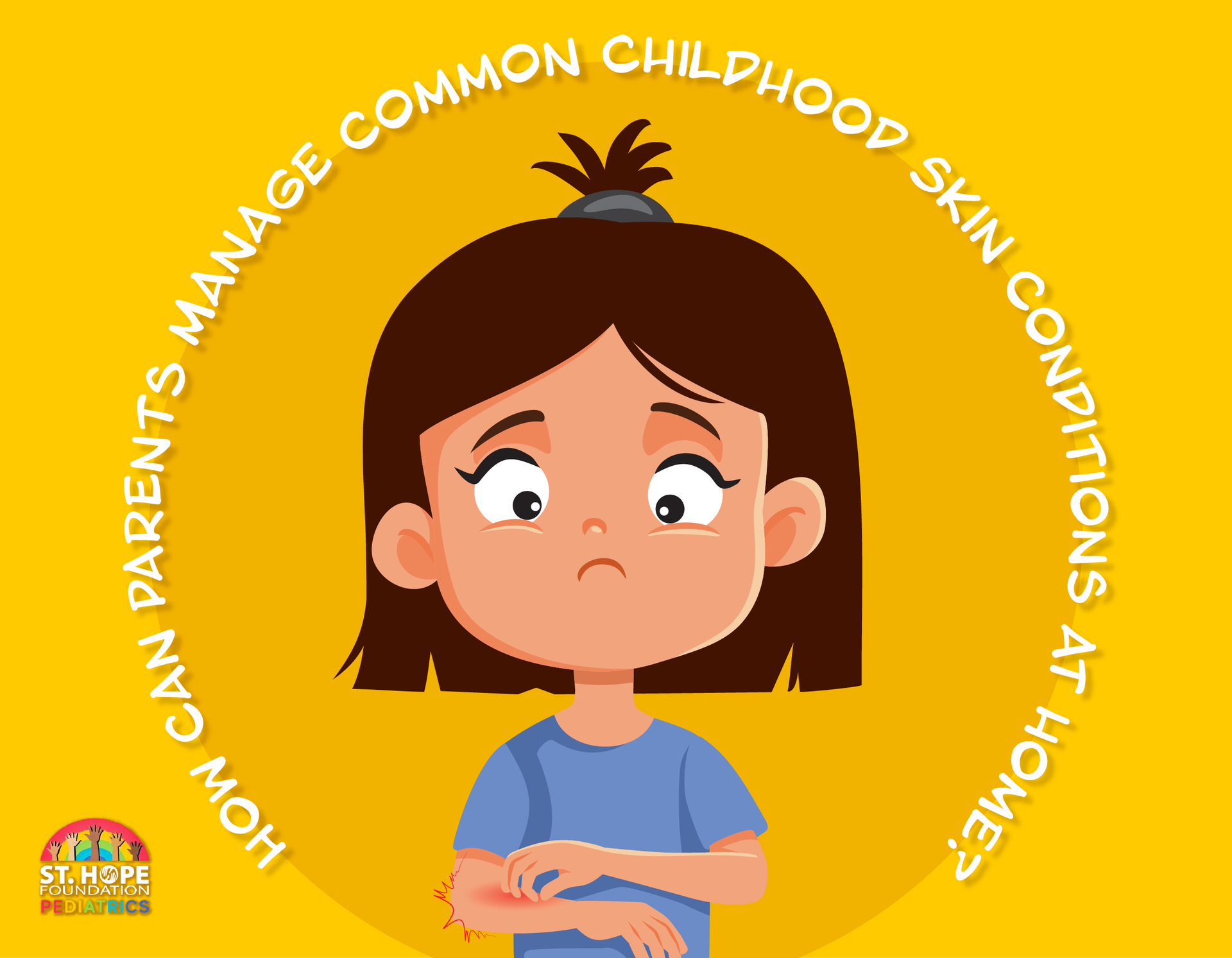Locations in Sugar Land and Greenspoint | Call Today to Schedule an Appointment!
Scheduling is Available 24/7 | For Existing Patients Please Call (956) 593-1337
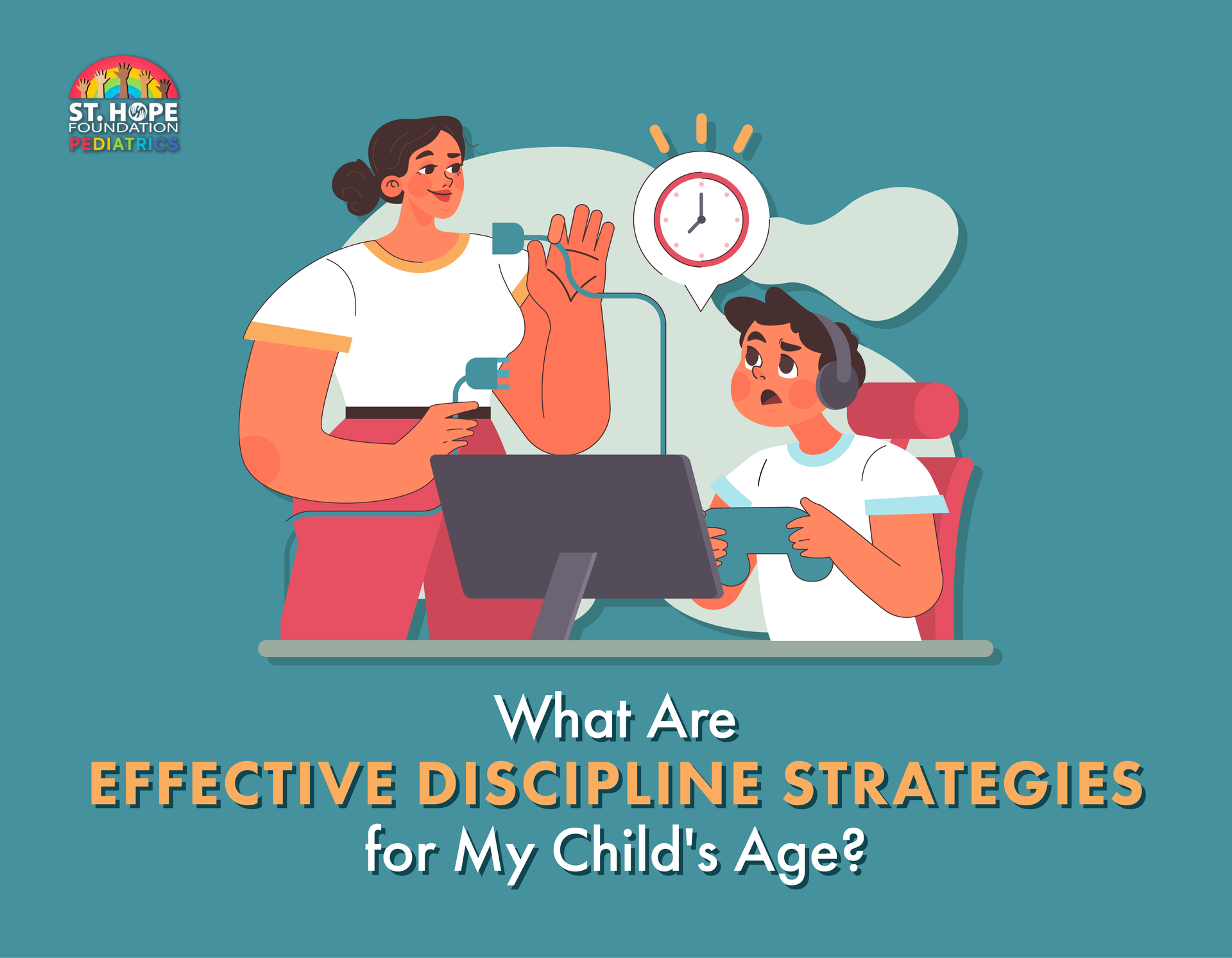
Discipline is an essential part of parenting, but the approach that works best depends on a child's age and developmental stage. Effective discipline isn’t about punishment—it’s about teaching, guiding and encouraging positive behavior.
Although the goal of discipline is fairly undisputed, there is still some debate among experts regarding parenting methods, punishments and enforcement methods. There’s typically broad agreement that discipline should be educational rather than punitive, and that consistency and positive reinforcement can be beneficial.
Ultimately, the most effective approach often depends on the unique personality and characteristics of a child. Parents may even find that an effective disciplinary approach for one of their children doesn’t work as well with another.
Patience is always a virtue for parents, but it can be especially important when it comes to discipline and encouraging positive character formation.
Infants and Toddlers (0 to 2 Years)
At this stage, discipline is more about setting boundaries than enforcing rules. Infants and young toddlers lack the ability to understand consequences, so the focus should be on redirection and establishing safe environments. If your child reaches for something unsafe, gently move them away and offer a more appropriate alternative. Consistency is key—routine and repetition help babies learn expectations.
Since toddlers are beginning to test limits, simple rules with clear consequences work best. If a toddler throws food, for example, calmly remove the plate and explain, "We eat our food, not throw it." Avoid long explanations, as their attention spans are short. Reinforce positive behavior by praising them when they follow directions or play nicely.
Preschoolers (3 to 5 Years)
Preschool-aged children start to understand cause and effect, making them more receptive to simple consequences. Many parents find time-outs to be effective when used appropriately. A good rule of thumb is one minute per year of age. If your child refuses to share, a short time-out could give them a chance to reset without feeling overly punished.
Positive reinforcement is also crucial. Praise and reward good behavior with encouragement like, "Great job using your inside voice!" Avoid bribes, but small incentives, such as stickers or extra storytime, can reinforce positive habits.
Establishing consistent routines helps children feel secure and know what to expect.
School-Aged Children (6 to 12 Years)
At this age, children understand rules and consequences more clearly, so discipline should focus on accountability and logical consequences. If they forget their homework, they may have to face the natural consequence of explaining it to their teacher or receiving a lower grade. If they break a household rule, losing a privilege—such as screen time—can be an effective deterrent.
It’s also important to encourage open communication. Instead of simply saying, "Because I said so," explain why rules exist and involve them in problem-solving. This teaches responsibility and critical thinking.
Teenagers (13 to 18 Years)
Disciplining children can become more complicated during their teen years. Many parents see better outcomes and experience less stress themselves by focusing more on guiding rather than controlling their teen’s behavior.
Children at this age crave independence, so discipline should focus on setting clear expectations while allowing them to experience natural consequences. If they miss curfew, they might lose the privilege of going out the next weekend. If they fail to complete chores, they may need to make up for it before using their phone or hanging out with friends.
Keeping interactions respectful can be beneficial and may make your child more receptive to your perspective. Parents may experience better communication with their teens by discussing issues rather than lecturing.
Setting clear but fair boundaries, reinforcing trust and being consistent with consequences help teens develop self-discipline and responsibility.
Promoting Positive Behavior at Any Age
While discipline strategies should be age-appropriate, fostering a positive environment works at every stage of development. Here are some universal ways to encourage good behavior:
- Be a Role Model: Children learn more from what parents do than what they say. Demonstrating patience, kindness, and responsibility sets the example.
- Don’t Be Afraid of Some Hypocrisy:
Parents aren’t perfect, and many have exhibited behaviors in their youth they don’t want their own child repeating. You can encourage your child to embrace moral or ethical ideals even if you have or sometimes still do fall short of them.
- Use Positive Reinforcement: Praise effort, not just results. Acknowledge when your child tries hard or makes a good choice.
- Set Clear Expectations: Children do best when they know what is expected of them. Keep rules simple, clear and consistent.
- Encourage Problem-Solving: Involve children in finding solutions rather than just imposing rules. This builds critical thinking and independence.
- Stay Calm and Consistent: Losing your temper can undermine discipline efforts. Respond with patience and follow through on consequences consistently.
Our Pediatricians Are Here to Support You and Your Children
Effective discipline isn’t about control—it’s about guidance. By using age-appropriate strategies and fostering a supportive home environment, parents can help children develop the skills they need to navigate the world with confidence and respect.
Charting the right disciplinary path is one of the many challenges facing Houston parents. At St. Hope Pediatrics, our doctors are committed to promoting the optimal health and well-being of your child. Whether you have physical or behavioral health concerns, we’re here to help. Call (713) 778-1300 to request an appointment or more information.

